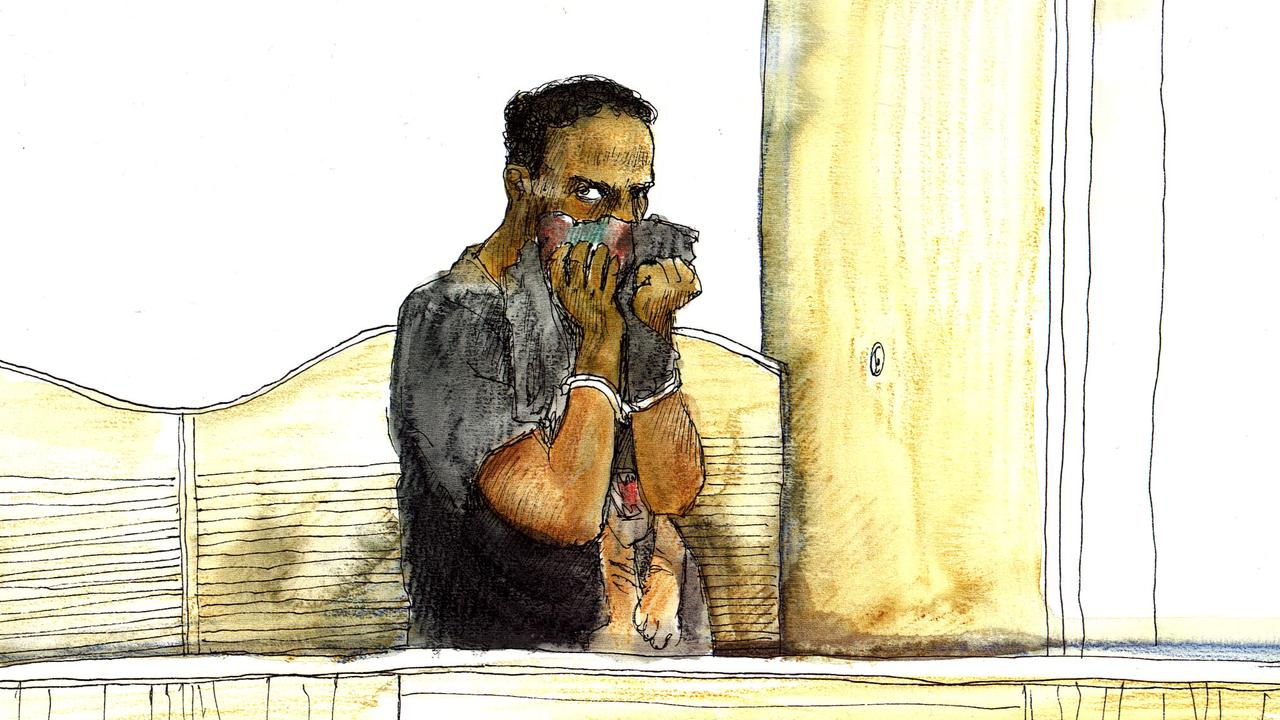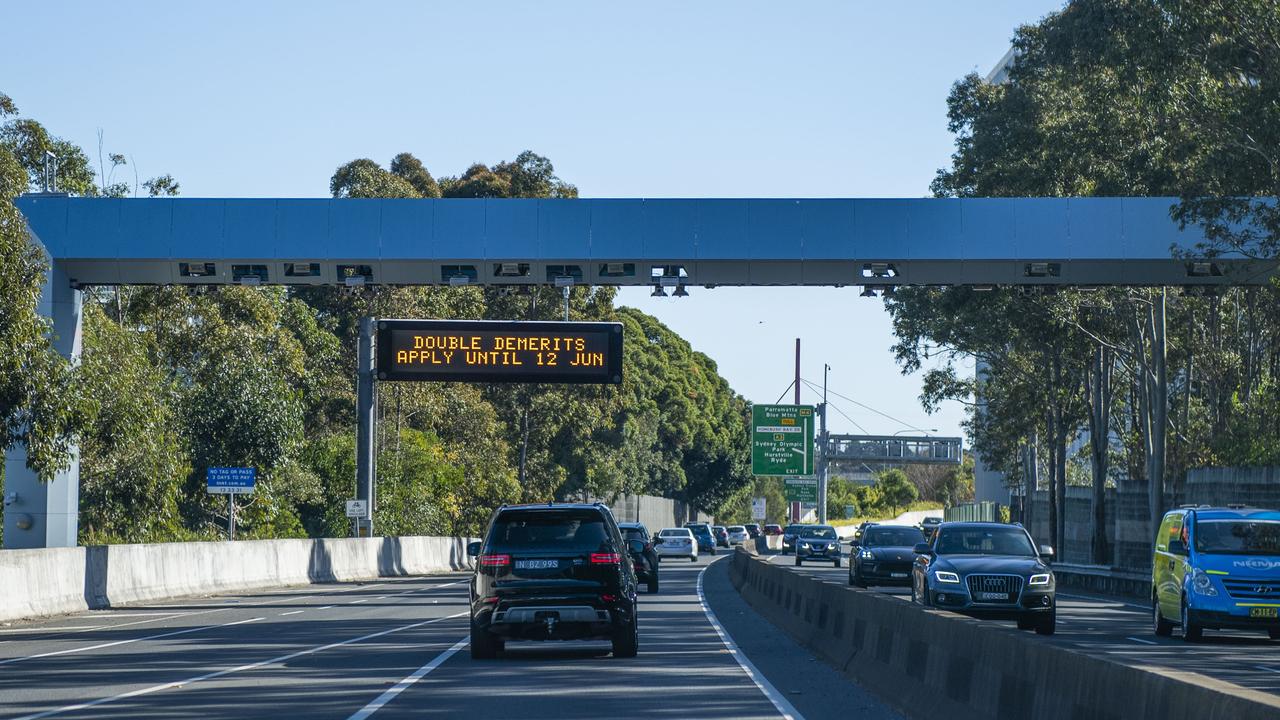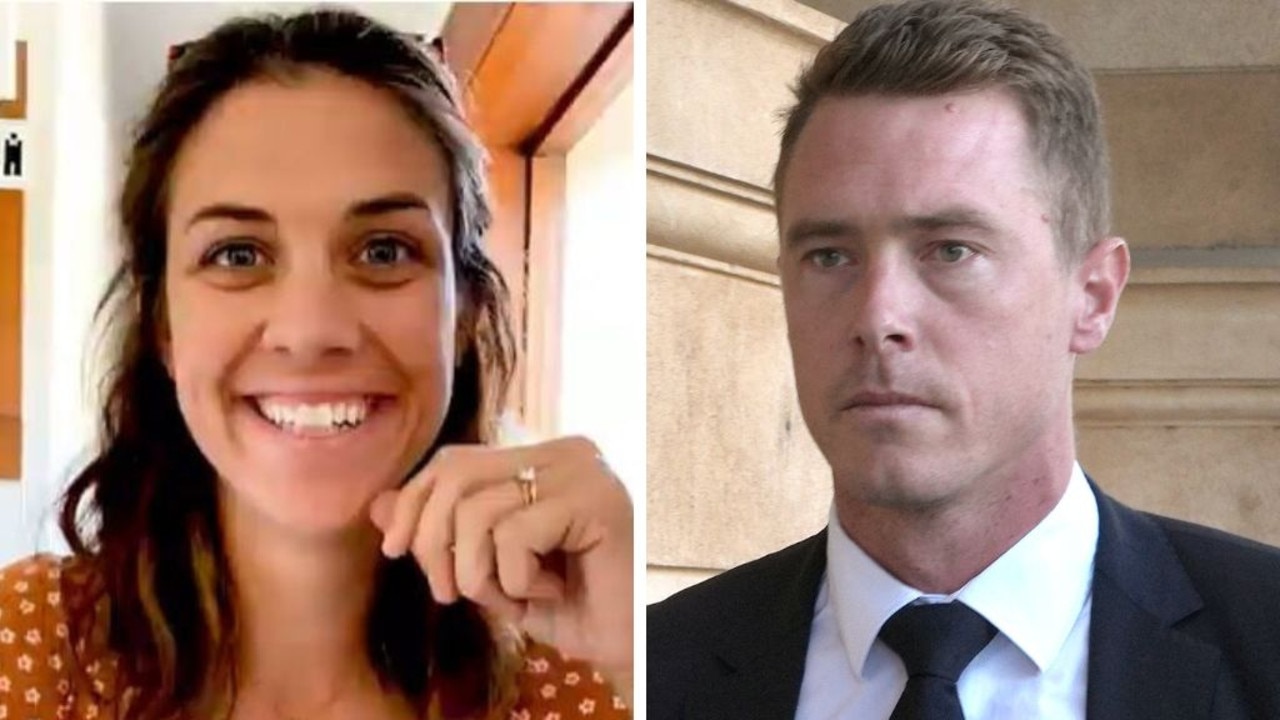South Australian violent offender Quinton Lambadgee released from prison
A violent offender is back in the community, but a wild exchange with a Supreme Court justice suggests he might struggle to fit in.

A South Australian prisoner with a long record of violent offences has been released back into the community even as he admitted to a Supreme Court justice he might struggle to fit in.
In a series of remarkable exchanges with Justice Sandi McDonald last week, Quinton Lambadgee repeatedly questioned whether he could survive outside of prison and at one point appeared to cast doubt on his willingness to abide by his release conditions.
Justice McDonald has imposed an interim supervision order on Mr Lambadgee, fitting him with an electronic bracelet and putting in place a 6am to 9pm curfew upon his release on Thursday.
“So, I have to be home at nine every night?” Mr Lambadgee asked Justice McDonald.
“Yes,” she replied.
“Now, again, if you go well with that, that might not be the case in the future.”
“And if I refuse?” Mr Lambadgee replied.
“Well, I said to you before, it’s not a matter of refusing,” Justice McDonald said.
“I’ve made the order. If you stay out past nine o’clock, then your Community Corrections officer will know about it, they’ll notify the parole board and the parole board will decide whether to issue a warrant or not.”
Mr Lambadgee then asked: “Do I – if I just stay in jail until they can complete another order, can I just stay in jail till then?”
“No,” Justice McDonald said.
“You’re going to be released next week.

“Mr Lambadgee, I realise this isn’t what you want, but I’ve made the order and I’ve made the order in the hope that it’s in your best interest and you’ll get support and guidance and put your offending behind you.”
Justice McDonald acknowledged Mr Lambadgee was a “serious violent offender” and imposed the interim supervision order before deciding whether to impose a longer three-year extended supervision order.
Mr Lambadgee had objected to the orders, Justice McDonald said.
He holds convictions for offences including unlawful wounding in March 1995, an act likely to cause harm in October 1998 and two assault offences in 2015.
In March 2007, he was convicted of the manslaughter death of his father.
Justice McDonald said he had been convicted of assault on 14 occasions and resisted police officers on 12 occasions.
Mr Lambadgee has spent most of his adult life in jail and Justice McDonald said he was “highly institutionalised”.
“Despite the best intentions in the world, it would be naive in the extreme to think that, given his history, Mr Lambadgee could be released into the community next Thursday (today) with no supervision or supports in place and not run the real risk that he will revert to old ways, exposing the community to great risk.”
Mr Lambadgee expressed concern to Justice McDonald he might struggle to survive on the outside, citing housing costs as a key concern.

“They have to let you out on the 11th (of December) and they have to find you somewhere. It’s as simple as that,” Justice McDonald told him.
“Because I’ve made the order, the responsibility now falls on to them to ensure that they set you up so you can comply with the order and that means having somewhere to live.”
Mr Lambadgee shot back: “Yeah, but Your Honour, there will be nowhere. There’s a housing crisis.”
“I know that Mr Lambadgee, I deal with people in your situation every week.
“What I can tell you is, they have to find you somewhere to live.”
Mr Lambadgee then flagged his brother had found himself in a similar situation and had ended back in prison
“My brother has been released on this, here, and they could not pay the rent and so they ended up back in jail because they couldn’t pay the rent,” Mr Lambadgee said.
Justice McDonald replied: “Well, regardless of whether you find the accommodation or Corrections find it, you’re going to have to pay the rent. That’s just life.”
“Yeah, but they ended up with no food, no nothing,” Mr Lambadgee said.
Justice McDonald ordered a psychiatric report into Mr Lambadgee and he will return to court on April 8 for an extended supervision order hearing.




